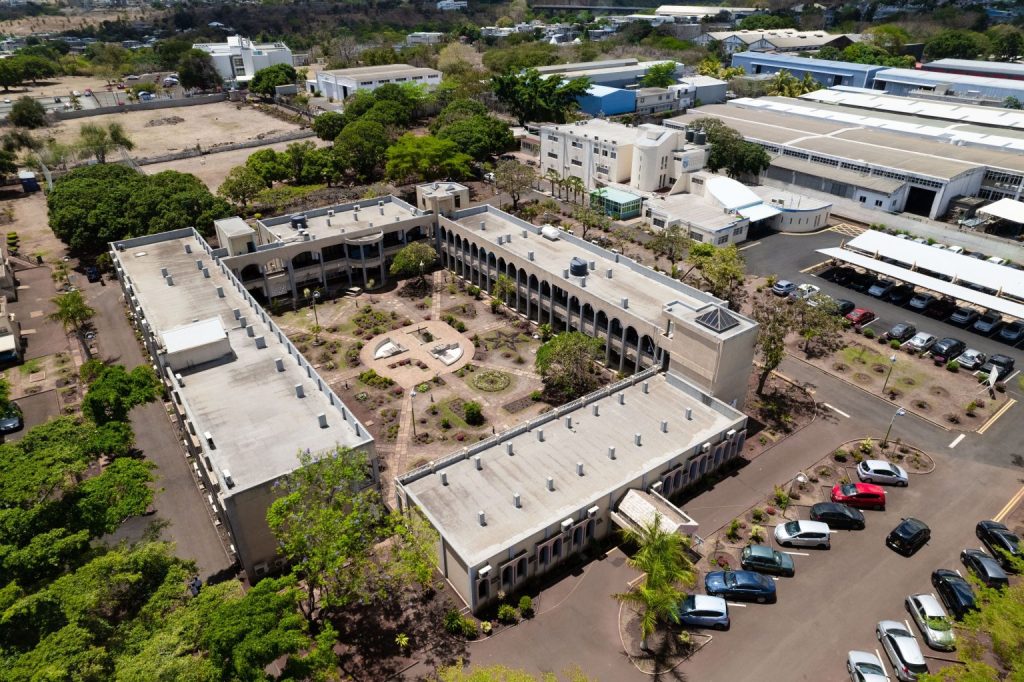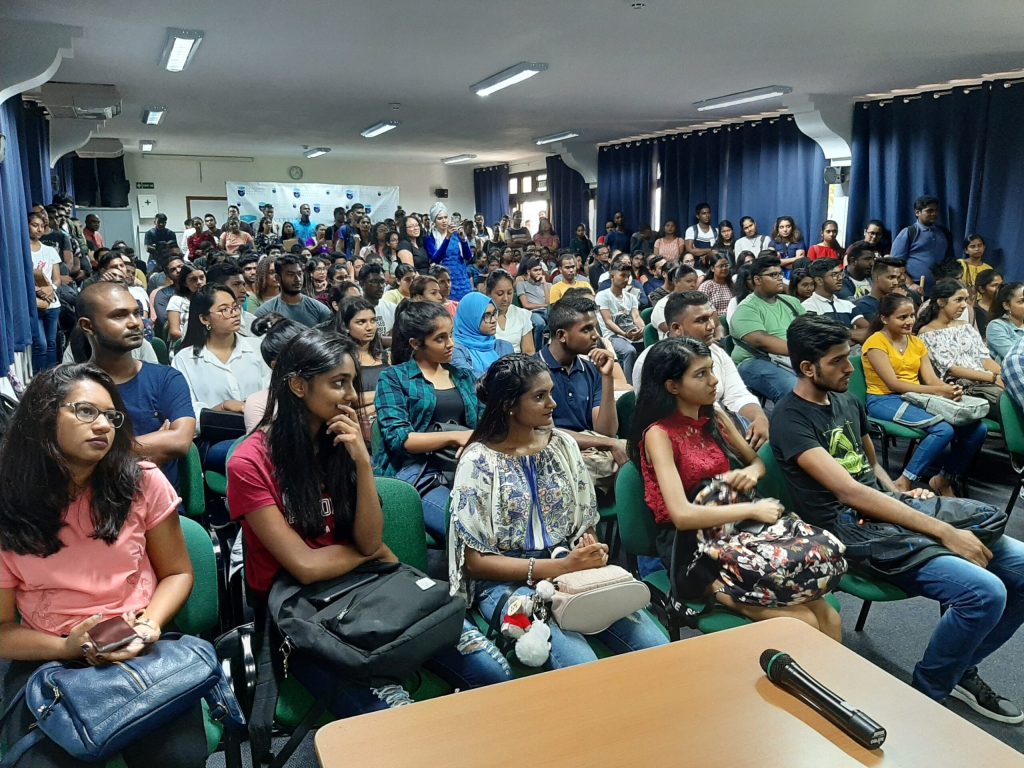This week on Comms Spotlight, we meet Fadya Nazirkhan, a Lecturer in Communication at The University of Technology Mauritius. Fadya’s career started in Journalism but five years in, she transitioned into Communications and then went on to become a Communications Lecturer. Fadya is very passionate about impacting the next generation of Public Relations and Communications professionals. She tells us more about building a Career as a Communication Lecturer.
Tell us about your role as a Communication Lecturer at The University of Technology, Mauritius.
As a lecturer in Communication, I’m passionate about shaping the next generation of Communication and PR professionals as well as journalists, as well as keeping up to date those who are already working in the industry. My role involves crafting engaging programmes and sessions that blend theoretical knowledge with practical skills alongside team members.
I guide students in developing critical thinking, effective communication, and media literacy while helping them stay at the forefront of industry trends. Being someone who has extensive experience in the industry prior to joining the academia, I equally like to focus on the practical side of learning. I also mentor students, advising on career paths and fostering a supportive learning environment. Beyond the classroom, I’m equally committed to research.
How did you begin your career in Communications?
I actually started my career as a news journalist in Mauritius after my studies abroad. After five years, I took the leap into communication when I joined the Financial Crime Commission (FCC – former Independent Commission Against Corruption).
After that I became the Adviser on Communication Matters to a minister until I was offered to work on the rebranding exercise of Barclays Bank Mauritius, now known as Absa Mauritius.

What motivated you to pursue a career in academia, specifically as a Lecturer in Communications?
I love the idea of sharing knowledge and inspiring the next generation of communicators. Academia offered me the perfect platform to do just that.
As a lecturer, I get to delve into the latest research, engage with brilliant minds, and shape the future of the field. It’s incredibly rewarding to see students grow and succeed in this field that is always evolving, hone their skills, and try to make a difference in the world. Joining the academia is also an opportunity for me to pursue my PhD.

As a professional who views the Communications industry from the strategic lens of Education and has the noble responsibility of preparing future professionals, what changes would you like to see in the industry?
I believe the industry needs to place greater emphasis on developing ethical and socially responsible communicators, especially when it comes to political communication. While technical skills and knowledge are essential, it’s equally important to cultivate a strong sense of ethics and a commitment to using communication for positive social change.
Additionally, I’d like to see the industry adapt to the rapidly evolving technological landscape. This includes embracing emerging technologies like AI while also addressing the ethical implications and potential biases associated with these tools.
Finally, I believe the industry should prioritise diversity, equity, and inclusion. This involves creating inclusive work environments, amplifying diverse voices, and addressing systemic biases in communication practices. By fostering a more equitable and inclusive industry, we can ensure that communication is used to empower and uplift all individuals.

What advice would you give upcoming professionals who want to follow your path?
For those aspiring to be university lecturers in communication, I’d advise them to seek opportunities to gain practical experience in the industry first before joining academia. This will equip them with the necessary knowledge and practical experience to excel in academia.
They should also embrace lifelong learning. Sadly, I’d also need to highlight that in Mauritius, the salary of university lecturers is drastically low compared to many countries and compared to salaries that one would obtain in the industry, which might be deeply demotivating.





